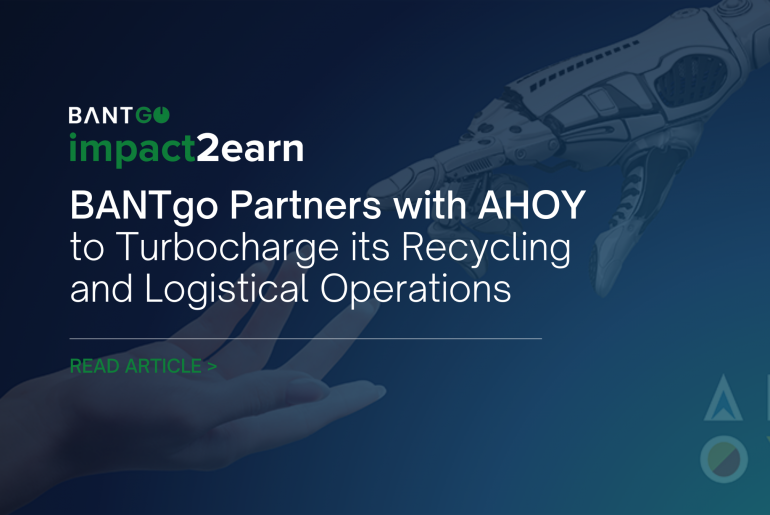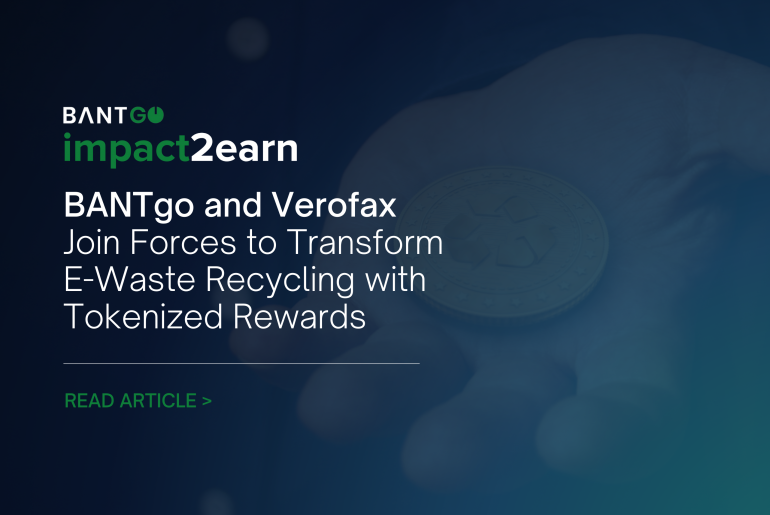
- 609 views
By Joseph Patterson
In the ever-evolving landscape of technology, blockchain has emerged as a transformative force, bringing unparalleled clarity and accountability to various sectors, including recycling. As the world grapples with the pressing need for sustainable practices, blockchain’s transparency offers a beacon of hope. This article delves into how blockchain is revolutionizing the recycling industry, and highlights one of the world’s leaders in leveraging blockchain to make the world a more sustainable place to live.
Blockchain technology, known for its decentralized and immutable nature, is reshaping the recycling sector by ensuring transparent and verifiable records of recycling activities. Here’s how:
1. Immutable Records
Every transaction recorded on a blockchain is permanent and tamper-proof. This ensures that the data regarding waste collection, sorting, and recycling processes are accurate and trustworthy.
2. Traceability
Blockchain enables the tracking of recycled materials from their origin to their final destination. This traceability helps in verifying the authenticity of recycled materials and ensures that they meet environmental standards.
3. Incentivization
Blockchain can also be used to create incentive programs that reward individuals and organizations for their recycling efforts. These rewards can be in the form of tokenized assets like NFTs that can be sold, exchanged or even redeemed for goods or services, thus promoting more sustainable practices in the future.
How One Startup Is Leveraging Blockchain and NFTs for Sustainability
Companies across the globe are harnessing the power of blockchain to enhance their sustainability initiatives. One startup on the rise in Dubai is BANTgo, they are at the forefront of using blockchain technology to drive sustainability. Their impact2earn platform leverages blockchain and NFTs to create a transparent and incentivized recycling ecosystem. They use blockchain to record and verify every recycling transaction on their platform. This ensures that all recycling activities are transparent and traceable, building trust among their users.
To further enhance their sustainability efforts, the impact2earn platform has introduced NFTs that are minted off their blockchain partners. These NFTs represent unique tokenized digital assets that impact2earn users can earn through the platform for their recycling contributions. These rewards can then be redeemed for various goods & services on the impact2earn marketplace.
By integrating blockchain and NFTs into their operations, BANTgo’s impact2earn platform is not only promoting sustainability but also setting a new standard for transparency and accountability in the recycling sector. Their commitment to leveraging advanced technologies for a greener future is at the core of their mission to make recycling more accessible and rewarding for everyone.
In conclusion, blockchain technology offers a powerful tool for enhancing sustainability efforts, by ensuring transparency, accountability, and active participation. As BANTgo continues to innovate with blockchain and NFTs, we are excited to see more startups join their lead and help create a transparent and incentivized recycling ecosystem for all.





